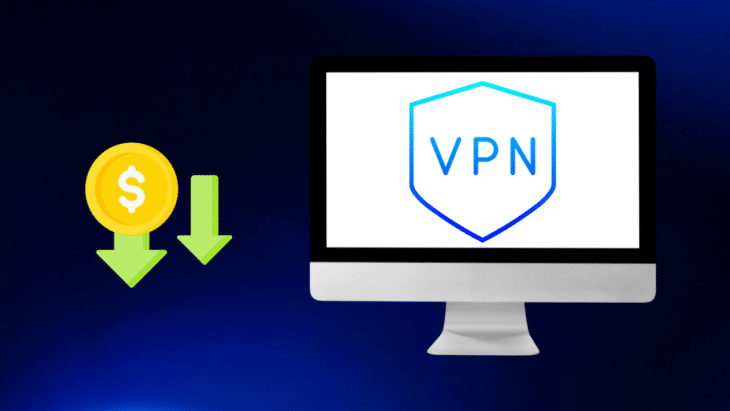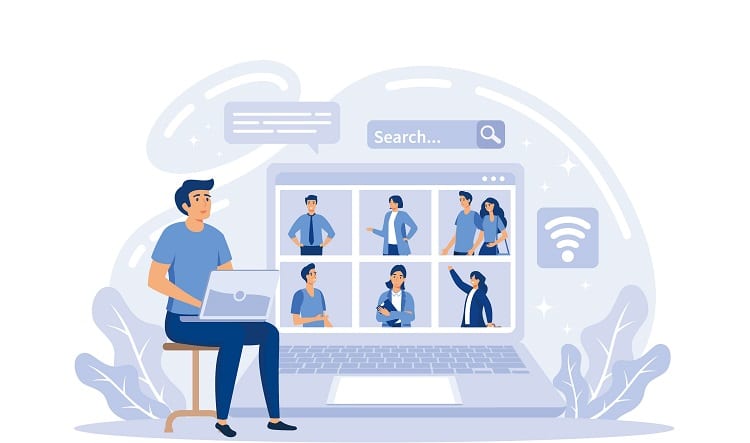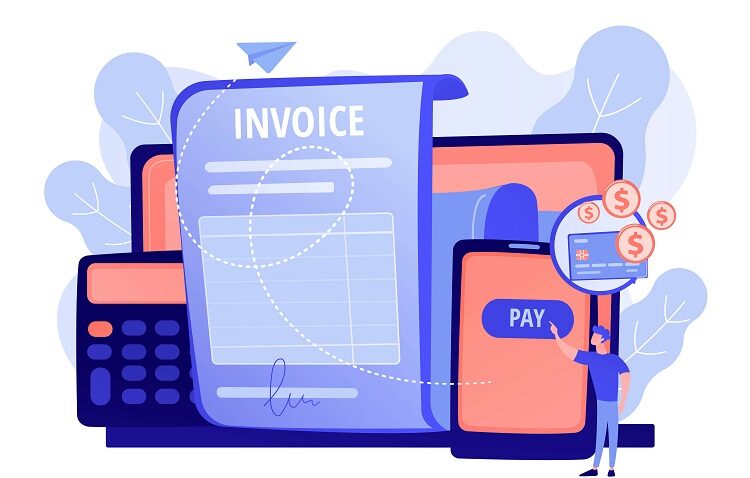Virtual Private Networks (VPNs) have become synonymous with digital privacy and security. While they offer certain benefits, VPNs, particularly free or cheap versions, are fraught with risks that can expose users to various cyber threats and undermine network integrity.
In that matter, the price should never be the main factor when you are choosing between different options. Instead of that, you should look for a more secure solution, such as AstrillVPN.
You should also be aware of the fact that there are some cases where cheap virtual protection can lead to additional safety concerns. We will provide more details about this topic in the following article.
Table of Contents
Toggle1. False Sense of Security

These budget-friendly services may lack the sophisticated security measures that are standard in more reputable and costly counterparts. The absence of robust encryption and secure servers makes them a fertile ground for malicious software and cybercriminals looking to exploit vulnerabilities.
Cheap VPNs often cut corners on security protocols, leaving users exposed to various cyber threats. Malware, often disguised as legitimate software, can easily infiltrate unprotected networks.
Moreover, these low-cost solutions are particularly susceptible to spoofing attacks. Spoofing, where attackers disguise malicious activities as legitimate traffic, can lead to data breaches, identity theft, and financial fraud.
DDoS attacks are another significant risk. Cheap VPNs, with their limited infrastructure, are not good enough to handle such onslaughts, leaving users’ systems vulnerable to shutdowns and loss of access to critical services.
2. Compromised Credentials
Unlike the top-notch VPNs that make your online safety a priority, those budget-friendly options might not have the strong defenses needed to keep your sensitive stuff safe.
Imagine this: It’s like leaving the front door to your house wide open. These VPNs are not great at making sure only the right people get in. That means hackers and sneaky online crooks have a better chance to sneak into your personal stuff, like your accounts or important data.
So, it’s not just you and your info at risk here. Even organizations that use these cheap VPNs might accidentally spill the beans on their important stuff. And trust me, when security breaches happen, it’s no picnic.
3. Performance and Efficiency

The encryption and rerouting processes inherent in VPNs, while essential for security, can lead to slower browsing and download speeds. The slower connection speed can be frustrating for users who rely on seamless internet access for work, entertainment, or communication.
The performance trade-off extends beyond internet speed to application performance. Users may find that resource-intensive applications, such as video conferencing or online gaming, are affected by the reduced bandwidth of low-cost VPNs.
4. Inadequate Access Control
The use of cheap VPNs often results in binary access control issues. These VPNs typically offer users either full access or no access at all, lacking the nuance required for effective access control.
With binary access control, users have limited options to tailor permissions to specific needs. This lack of granularity can be problematic, particularly when dealing with third-party vendors or remote workers who require controlled access to specific resources.
This issue poses significant risks when managing third-party vendors. Organizations often need to grant external parties access to specific resources or areas within their networks. However, the binary nature of access control in these VPNs makes it challenging to provide vendors with the appropriate level of access.
5. Ineffective Audit Trails

Granular audit logs provide detailed insights into user actions, helping organizations identify potential security threats, unusual behavior, or unauthorized access.
Without it, monitoring becomes challenging, as organizations are left with limited visibility into network activities. The lack of insight can hinder the early detection of security incidents and unauthorized activities, leaving organizations vulnerable to threats.
The absence of detailed audit trails in cheap VPNs introduces challenges in ensuring accountability. In organizations where security and compliance are essential, the ability to track and attribute actions to specific users or entities is essential.
6. Limited Server Locations
This limitation can hinder users’ ability to access geo-restricted content or bypass internet censorship effectively. Users may find themselves unable to access desired websites or services due to the restricted server network.
With a reduced number of server options, cheap VPNs may experience server overload during peak usage times. Overloaded servers can lead to slow connection speeds and a degraded user experience, making it frustrating to browse the internet or stream content.
7. Vulnerability to DNS Leaks
Normally, when you use a VPN, your requests to visit websites (which are usually just easy-to-read names) get turned into computer-friendly codes, kind of like secret addresses.
Now, this should all happen through the VPN’s super-safe servers to keep you undercover. But with some low-cost VPNs, this part doesn’t work as smoothly as it should.
Your requests can sneak past the VPN’s protective cloak and head straight to your internet service provider (ISP). That’s like giving them a peek at the websites you’re checking out and even where you’re hanging out in the real world.
Why’s this such a big deal? Well, it messes with the main reason folks use VPNs: staying hidden. When there are DNS leaks, your actual IP address gets exposed, which means someone can trace your online moves back to you. Imagine someone tailing your digital footsteps, knowing exactly what you’re up to online – it’s like a privacy nightmare come true.
Last Words
These VPNs might save you a few bucks, but they compromise on some critical aspects of keeping you safe on the internet.
Think of it like this: You’re opening the door to potential trouble, like viruses and cyberattacks. Your personal info, like passwords, might not be as secure as you’d like them to be. Plus, these VPNs can be sluggish, making your internet slower and your apps less snappy.
And if that’s not enough, they might not even keep good records of what’s happening, making it tough to spot any shifty business. Oh, and your online cloak of invisibility? Yeah, that might not be as effective as you think.



